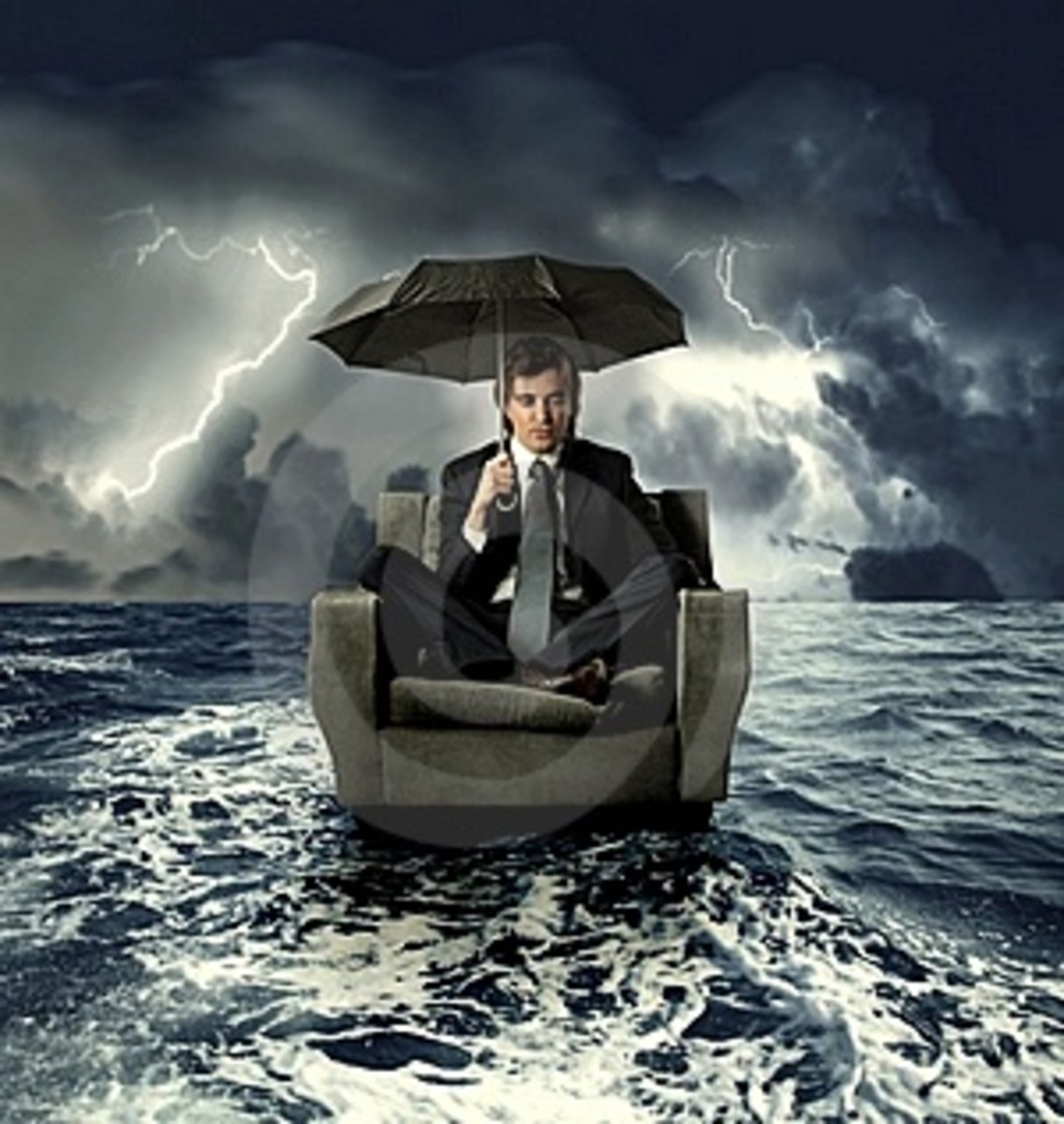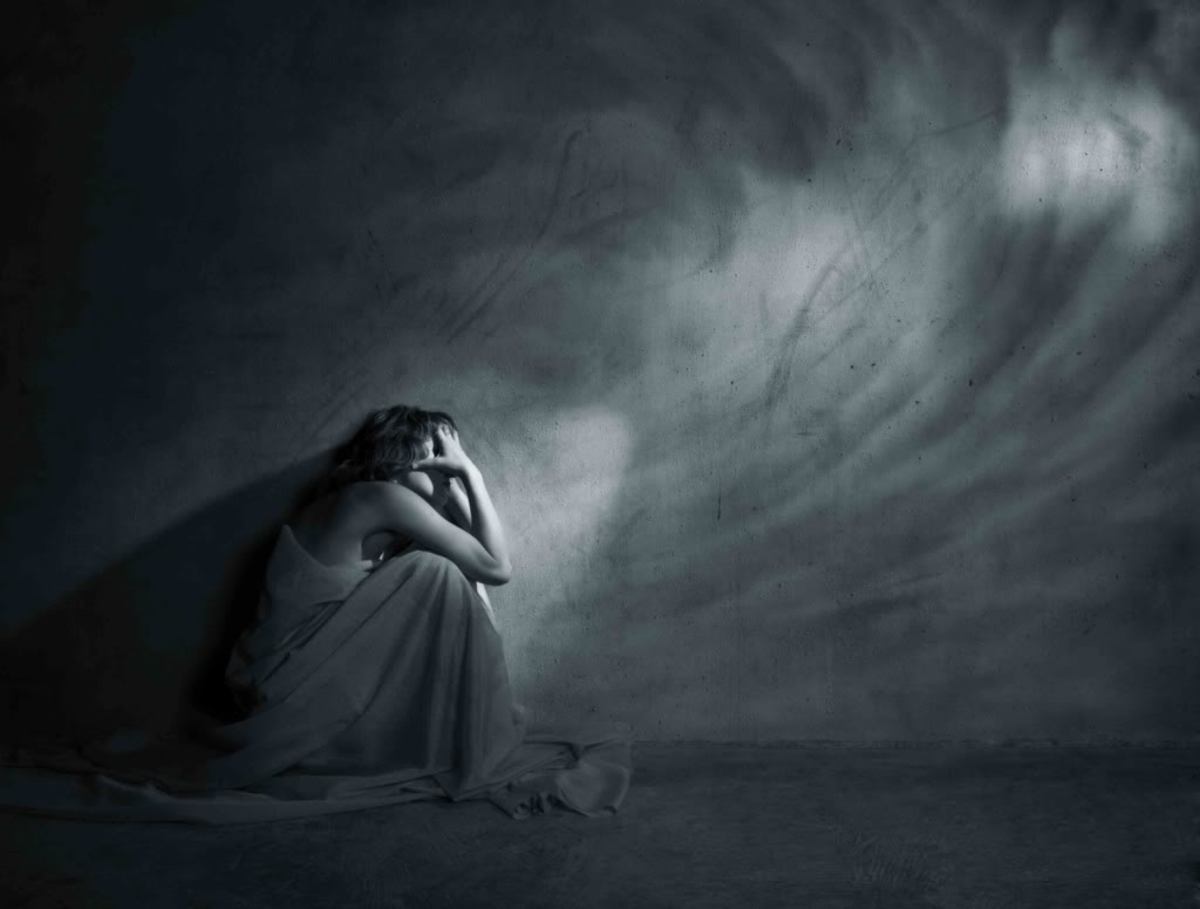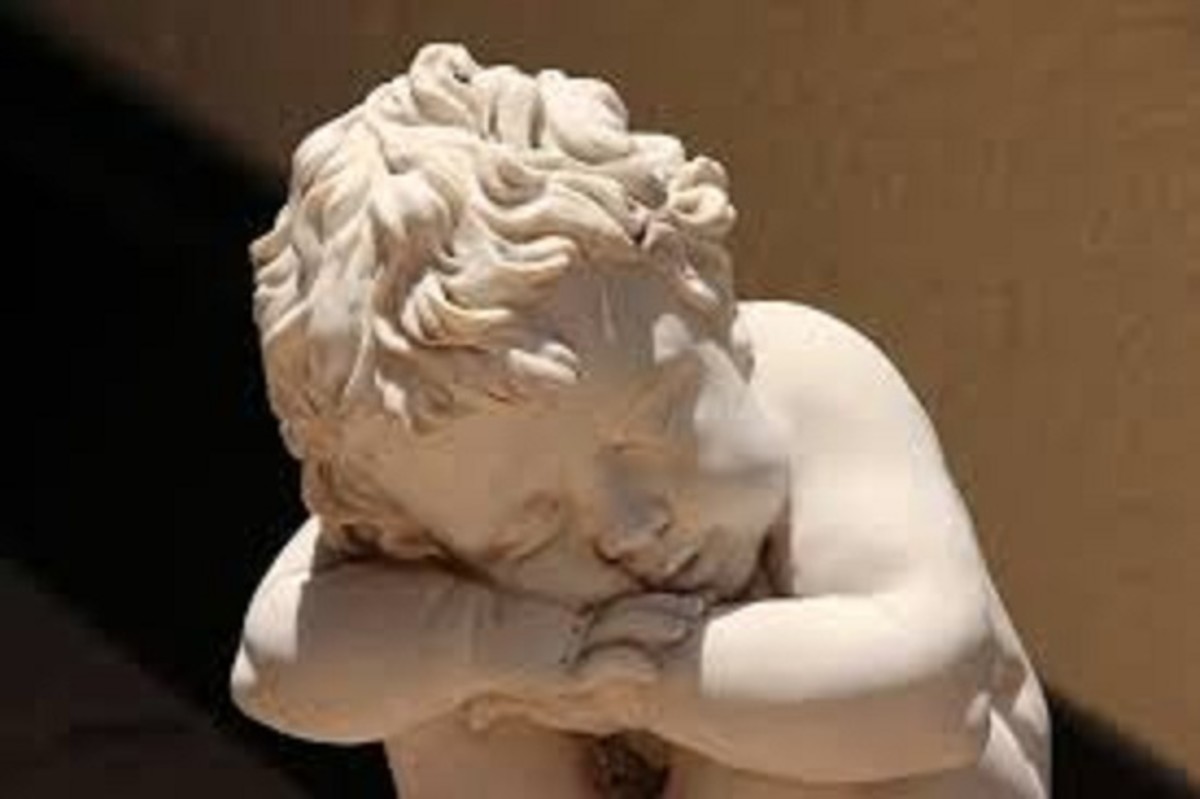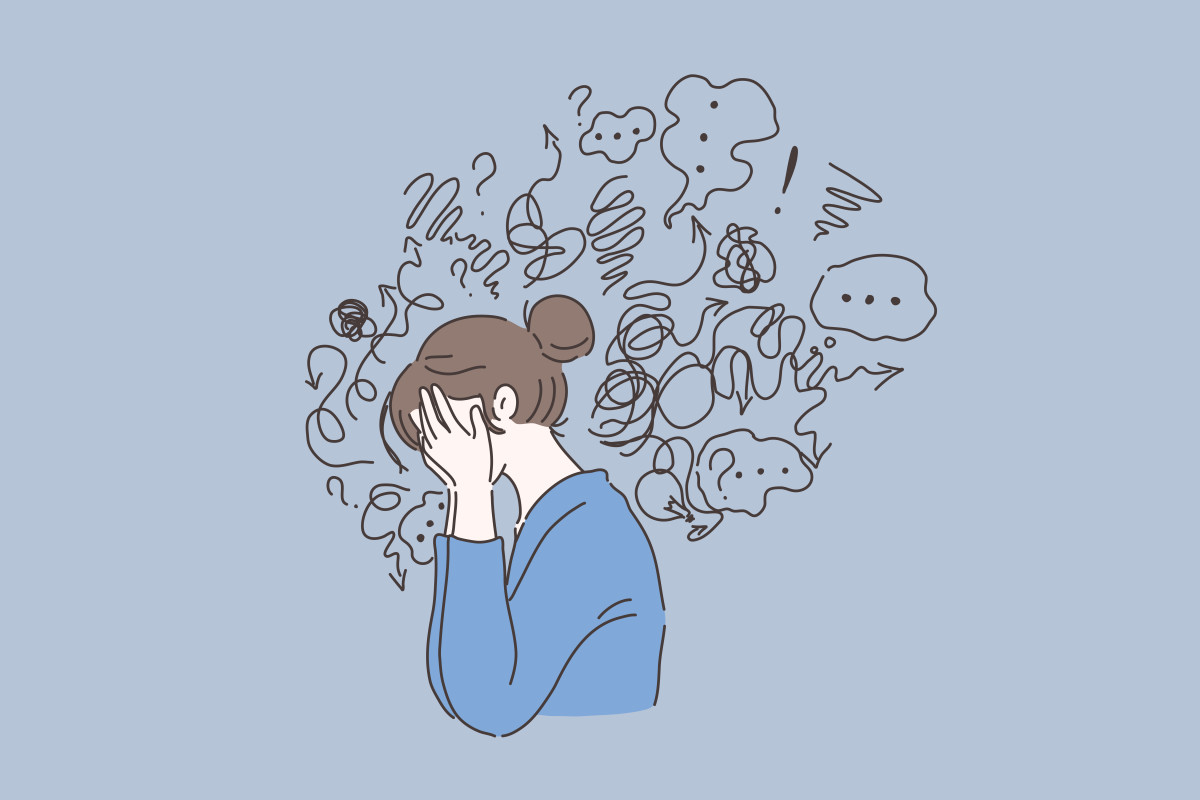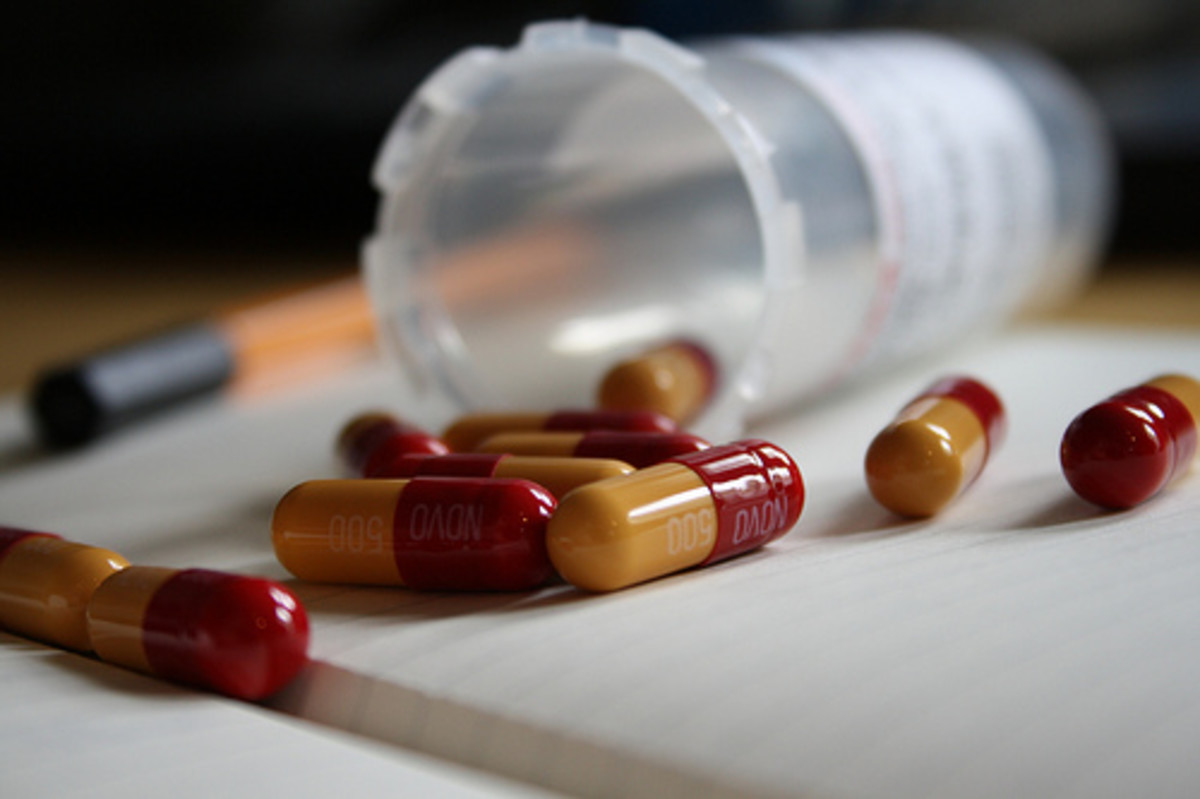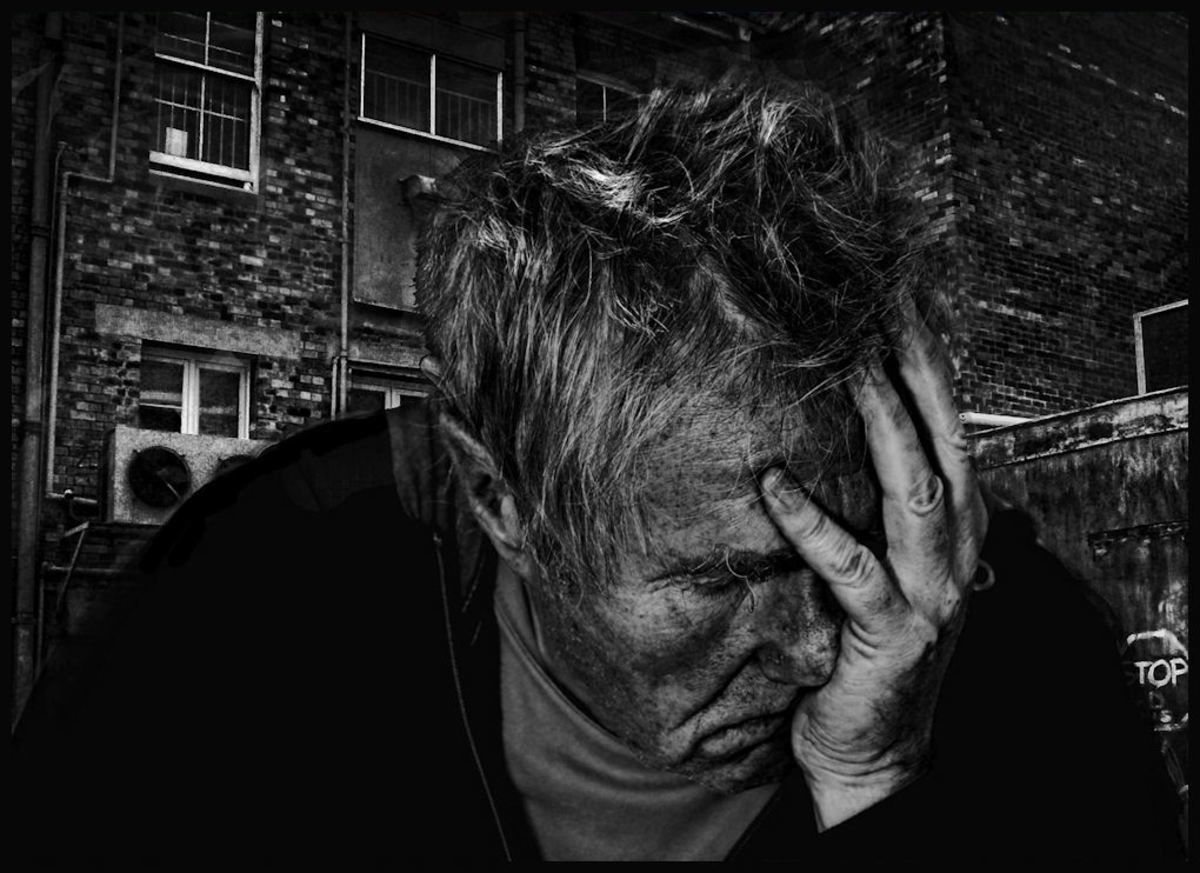Depression: A Mental Health Disorder

Overview of Depression
Depression is More Than Being Sad
So, what is depression? Well, depression is a medical condition in which one has a persistent feeling of sadness and loss of interest. That's just a sentence that describes depression. But depression is more in depth than that. Depression is not just a feeling of "being down" or "going through the blues". Depression, if not treated correctly, can be a very painful, emotionally-draining, physically-draining, life-threatening experience. Depression is far more than just being sad for a short time. Of course, being sad is completely normal. (In fact, depression is normal. But I will talk about how depression is a normal condition, later in this article.)
We all experience sadness in our lives. Whether it's from the death of a loved one, getting a bad grade on a test, going through a breakup, losing a job, etc. But what makes depression so different is that its a consistent feeling of sadness. One who is going through depression, honestly, feels like they are on an emotional roller coaster. One minute they're fine, the next they are not. People with depression feel unhappy, fatigued, and irritable. They have feelings of guilt, hopelessness, and, at times, hatred of themselves. They can't really explain "why" they feel this way. They just do. And that feeling adds more stress onto the individual.
There are different degrees of depression, which I will list and describe below. But for the time being, let me explain to you how depression is a medical illness. Depression is a medical illness because there is a chemical imbalance in the brain and the depressed person can't heal it on their own. People who don't understand will usually say statements like: "Oh, just snap out of it!" "Your being so dramatic!" "Just be happy!" But, you see, depression isn't voluntary.
Someone who is diagnosed with depression did not ask for it. Being diagnosed with depression wasn't their own personal choice. The diagnosis is like that of a person being diagnosed with diabetes or cancer. The depressed person would just snap out of it and be happy if they could. But they are unable to. Why? Because like I said their is a chemical imbalance taking place in the persons body, specifically in their brain. That's why a depressed person can't stay happy and content. That is also why a depressed person goes through major mood swings and changes, gets the thoughts they have, and just goes through the emotional roller coaster that depression brings.
The Brain's Involvement with Depression
Now I don't have a degree in the medical field and I am not a doctor, therefore I am just going to give a few facts about the areas of the brain, in which researchers study, because I don't want to give the wrong information. Plus, I don't have the knowledge and studies to explain the brain's relationship to depression. I will list more links below for more personal study on the topic of depression and the affects it has on the brain.
Researchers who study the affect of depression with the brain study several aspects of brain functions and parts of the brain. These include the limbic system and the functions of neurotransmistters within neurons that are in the brain. Here are simple basic descriptions of what these are and what they do:
Limbic System: This area of the brain is so important and complex. Especially when it comes to depression because this area of the brain affects ones mood and behavior. That's why it's so important that researchers research this part when it comes to any mental disorders.
Neurotransmitters and Neurons: These help transfer messages through the brains nerves cells. The 3 primary neurotransmitters that researchers focus on are: serotonin, norepinephrine, and dopamine. One who is diagnosed with depression has an imbalance of these neurotransmitters. Either the depressed person has too little or too much of these, and in turn causes the brain to not function correctly and properly. It is unknown whether changes in levels of neurotransmitters cause the development of depression or if depression, itself, causes this imbalance.

Types of Depression
(This list is taken word for word from www.save.org 's Glossary)
- Seasonal Affective Disorder (SAD) -This is a depressive illness that has to do with a person's reaction to the amount of light a person receives. Symptoms of depression such as low energy, fatigue, or overeating may appear when the days begin to get shorter and there is less sunlight. People who have SAD may produce an excess of the hormone melatonin, which is related to the body's sleep cycle and biological clock.
- Major Depression- A person suffering from major depression no longer feels normal, but rather is overwhelmed with feeling depressed, slowed-down, or in a fog. Ability to function normally may be significantly impaired. A person may experience a single episode, or may continue to have episodes throughout their lifetime.
- Dysthymia- This is chronic mild level of depression. A person usually continues to function, but doesn't experience pleasure like a healthy person does.
- Cyclothymia- A form of bipolar illness, this is a mood rollercoaster. A person may feel up one day and down the next, or up one week and down the next in seemingly unpredictable patterns. Periods of normal mood may be few and far between. Hypomanias occur along with mild depressions.
- Atypical Depression- This is a type of depression or mood disorder that does not necessarily fit exactly into any one of the other major mood disorder categories of diagnosis. With atypical depression a person can still have fun and experience pleasure if an opportunity presents itself, such as a party or good news, but the feeling is short-lived. Heaviness, fatigue, and lack of motivation recur until the next pleasurable occasion. Moodiness, and at least two of the following symptoms characterize atypical depression: oversleeping, overeating, extreme fatigue and rejection sensitivity.
- Premenstrual Syndrome(PMS)- A variety of physical and emotional symptoms presented prior to a woman's menstrual period. Symptoms include: irritability, nervousness, sadness, low energy, and physical symptoms like body aches and bloating. PMS seems to be related to depression in some people.
Depression Statistics in America
- Depression Facts and Statistics 2012
All the facts and statistics on depression and depression related conditions in one place. Plus online depression tests and treatments.
- What causes depression? - Harvard Health Publications
- http://www.trinityintegrativemedicine.com/tim/FORMS_&_RESOURCES_files/Neurotransmitters.pdf
- Serotonin and Depression: 9 Questions and Answers
There are many researchers who believe that an imbalance in serotonin levels may influence mood in a way that leads to depression.

Depression is Normal
As I stated at the beginning of this article "Depression is completely normal". That may be weird to say and hard for one to understand. But it's the truth. There are so many people that are diagnosed with depression sometime during their lifetime. So, if you have depression, know that you are not alone. If you don't believe me, research statistics on depression and the percentage it has on population, nationwide and worldwide. (Read the information given in the above link to learn about Depression in America.) Depression is a common mental illness and by researching more about it on your own, you'll become more aware of how many people suffer from depression. Below I will list and describe 3 specific ways in which one can find help in dealing with their depression.
- Anti-depressants- Anti-depressants are medications that help people cope with depression. Anti-depressants can either decrease or increase one's depression. It all depends on the person. That is why it is so important to stay in contact with your doctor and always have frequent follow ups to see how the medication is affecting your health and behavior.
- Psychotherapy - Psychotherapy is counseling that one can attend to help them deal with, talk about, and cope with depression. Psychotherapy is led by a certified, professional doctor who has experience in the Psychology field. Meeting with a counselor/therapist is really beneficial for one who has been diagnosed with depression.
- Support Groups - Attending a support group on a consistent basis will always help one be able to deal with their depression. Support groups are groups in which people who are going through the same thing (in this case; depression) meet and talk about their problems. Support groups, is another way that will be very beneficial for one who has been diagnosed with depression.
- Find a support Group - Depression and Bipolar Support Alliance
This page is a Chapter and Support Group Directory. - Find a Therapist, Psychologist, Counselor - Psychology Today
Psychology Today: Browse our extensive directory of the best therapists, psychologists and counselors near you.
Remember:
- Depression is normal
- Depression is more than just being sad or having "the blues".
- Depression is a treatable mental illness.
- If you have any of the symptoms in the above "Types of Depression" information given,set up an appointment with your doctor. (Don't be nervous about the appointment. Remember doctor's do not find depression to be abnormal. The doctor's are there to help you!)
- Depression (major depression) - MayoClinic.com
Depression — Comprehensive overview covers symptoms, treatment and coping with this mood disorder.


